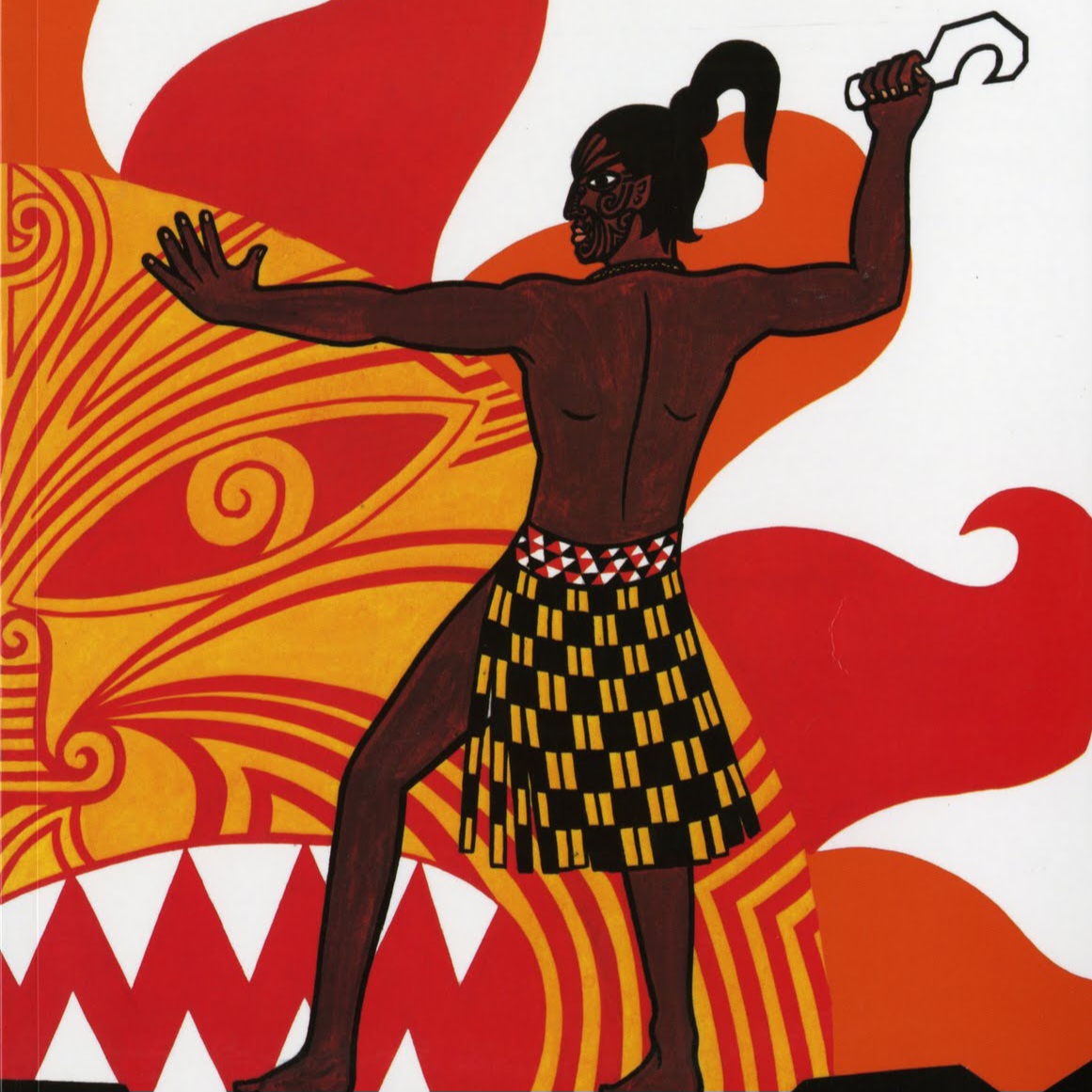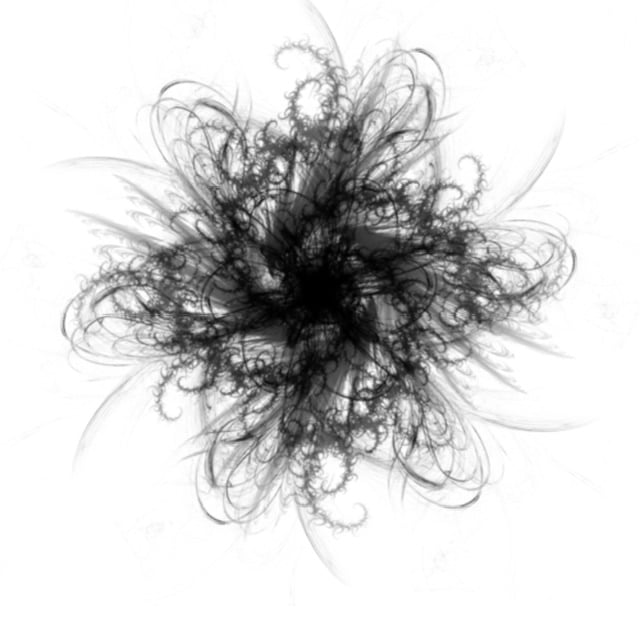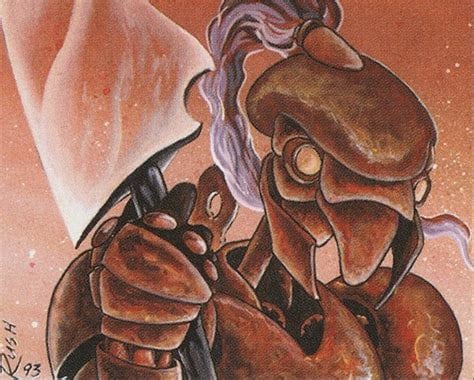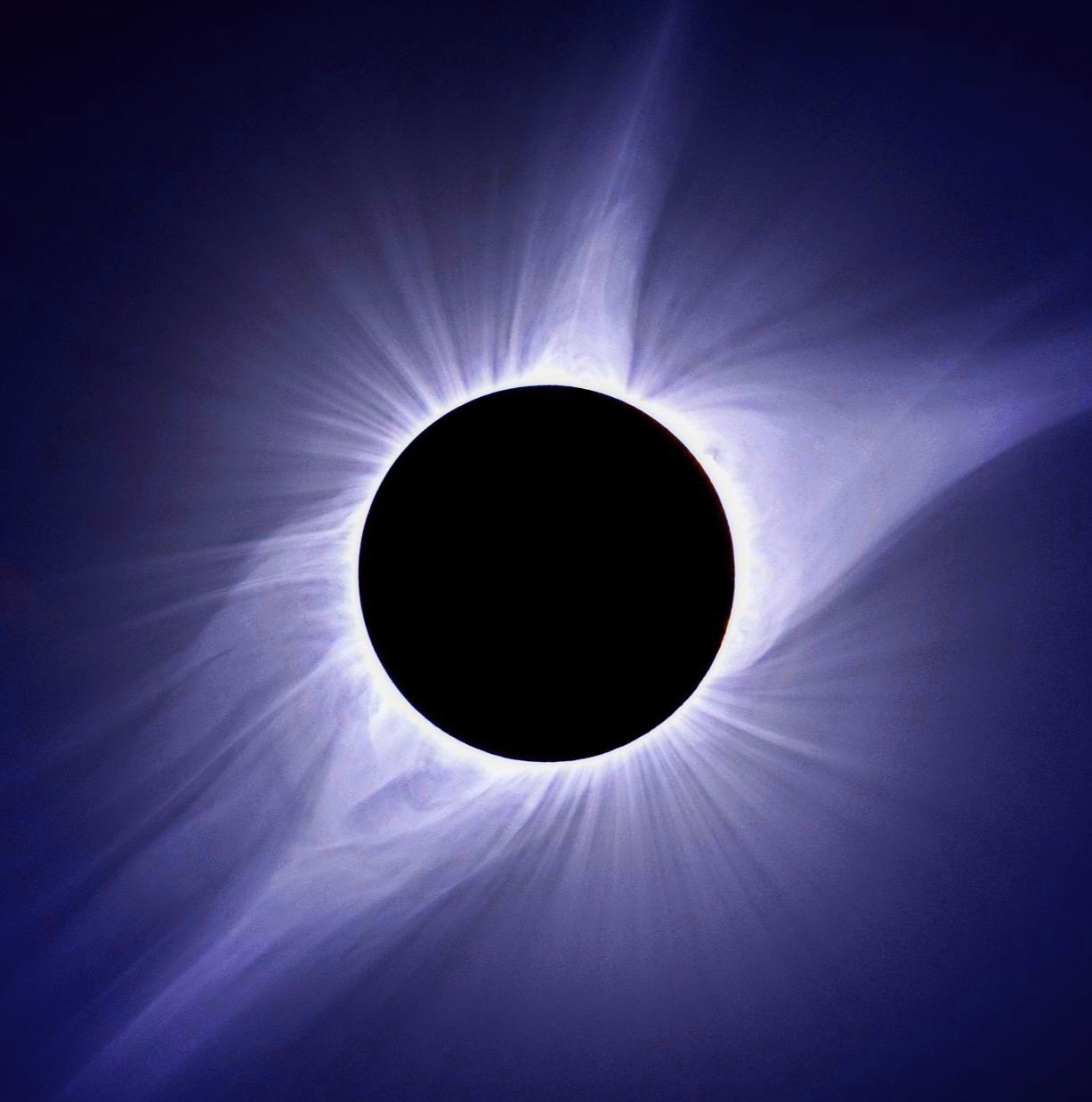So I’m a New Zealander and I have a pretty good idea on how the electoral college system works but it honestly sounds like something that can be easily corrupted and it feels like it renders the popular vote absolutely useless unless I’m totally missing something obvious?
So yeah if someone could explain to me what the benefits of such a system are, that would be awesome.
Edit - Thanks for the replies so far, already learning a lot!
Source: I teach U.S. history at the high school and collegiate level.
The Electoral College was one of the original pieces of the U.S. democratic system created when our constitution was drafted and ratified in the 1780s. It’s important to remember that the drafters of the constitution were very much experimenting with a modern representative democracy based on the values of the Enlightenment. So to the extent that the Electoral College seems odd, it’s largely a result of the context of its creation - namely, we weren’t sure exactly how our system would function yet.
One of the key tensions that the framers were trying to address in the 1780s was the struggle between anarchy and tyranny. That is, finding the right balance between giving too much power to common people and too much power to the elites. The framers thought that giving too much power to common people would create a “tyranny of the majority” and result in things like demagogue politicians and threatened property rights (the foundation of a stable economic system). However, too much power to elites would result in the same sort of tyranny that we lived under when we were part of the British imperial system.
So one way that they tried to strike the right balance with federal elections was to have popular elections, but to give a group of elites veto power over whomever was elected by the masses. So if someone was elected by the masses who was grossly incompetent for President, the Electoral College, a body composed of elites, could choose someone else. This was dangerous. The Electoral College would risk a crisis in the U.S. democratic system if they rejected the will of the people. So although they could veto the results of a popular election, in theory they would only risk doing so in dire circumstances.
There is also a commonly understood function of the Electoral College that is not as commonly taught and is still controversial in some circles to point out: it was created to enhance the power of slave holding states. Electoral College votes are given to states based on their population. So the more populous your state is the more votes you get. Southern states wanted to count their enslaved persons when it came to allocating Electoral College votes, but they didn’t want to recognize them as citizens or people. They threatened to walk from the brand new union if they weren’t allowed to count their enslaved population for Electoral purposes. So this resulted in something called the Three Fifths compromise where slave-holding states could count each slave as 3/5 of a freed man for Electoral purposes, but they didn’t have to recognize them as citizens or people. I would argue that the fact that the Electoral College has consistently entrenched white supremacy in the U.S. has been one key reason behind its staying power in our governmental system.
Speaking of the modern version of the Electoral College, some political scientists claim that benefits are: -it forces politicians to campaign even in small, less populous regions of the nation rather than focusing on the large population centers. -I’m some cases (like Obama’s election in 2012) it can amplify majorities in the popular vote and make it seem like an electoral winner has a stronger popular mandate -It tends to result in two large parties that must put together broadly popular coalitions in order to win. This is in contrast to something like a parliamentary system when you often get a greater variety of more specialized parties. The claim is that, in theory, this makes parties more moderate and broadly appealing.
Some political scientists point out that some drawbacks are: -It disproportionately benefits regions of the country that are predominantly white, rural, and conservative (and, frankly, racist and patriarchal) -It allows conservatives to exercise minority rule by still winning elections even though they haven’t won the national popular vote in many years. -It dilutes the will of the people by allowing a candidate to become president without winning the popular vote. This has happened twice since 2000.
… something called the Three Fifths compromise where slave-holding states could count each slave as 3/5 of a freed man for Electoral purposes.
Jesus… That’s beyond awful.
I will say, though, and this is out of topic, you seem like a nice teacher.
English is not my first language and I’m kind of stupid when it comes to politics but you managed to not only make me understand everything but also made me interested, now I’m thinking about reading more of the topic, thanks!
Thank you for your kind words! I know many people struggle with politics and history, especially in school. It’s never too late to re-engage through books, movies, etc. as your time, interests, and happiness allow :)
Your listed positives of the electoral college seem like just more negatives, but with honey on top.
You’re not looking to move to a school in Florida anytime soon, I hope? ;-)
Thanks, that was all really interesting.
Haha no way! I’m connected with some history teachers that teach in FL, and the conflicts they’re going though are just mind boggling.
I do live in a purple state that is protected from that crap by a Democratic governor elected with a pretty slim majority. So it could well happen to me in the future. I’ve given a lot of thought to how I’d handle being in that situation. Scary stuff.
Yeesh. Wishing you all the best from Scotland. Scary to see what people like De Santis are trying to do.
“It tends to result in two large parties that must put together broadly popular coalitions in order to win.”
If you don’t mind, to what extent do you think the founders were aware of this? I know Washington made a point of warning about the dangers of political parties and then everyone else seems to have quickly hopped into the Republican/Federalist camps.
Was this seen as an unavoidable evil during the drafting, or did they think they were crafting something that would avoid parties becoming powerful?
That’s actually a really good question and I don’t know the answer. My best guess is that the founders didn’t intend that as a purpose of the EC, that it’s a secondary effect that modern political scientists have theorized.
You’re right that Washington pointed out the dangers of political parties, but that was in his Farewell Address which came at the end of his second term, by which time the Republican and Federalist factions were already becoming baked in and he had experience with Jefferson’s and Hamilton’s fighting within his administration. I don’t know that he or other framers were thinking of that when they designed the EC during the framing of the constitution eight-ish years prior.
For all I know, however, there might be a Federalist Paper that lays out partisan moderation as a function of the Electoral College. Maybe someone with more expertise can correct me here.
this resulted in something called the Three Fifths compromise where slave-holding states could count each slave as 3/5 of a freed man
This part was fascinating. Thanks for taking the time to reply, that was interesting to read!
Removed by mod
Go back to reddit, mate. Or parler, more like.
At the time the electoral college was devised, the only way to reliably get an important message from a state capital to the federal capital was to send a trusted messenger on a horse. The electors are those trusted messengers.
IIRC there was also a desire to put some distance between the unwashed masses and the election. James Madison, for example, was clear in his writings that he feared the system would devolve into mob rule by whichever group could whip up the most angry followers (January 6, 2021 anyone?). The presidential electors have an opportunity to be the adults in the room if the election is a hot mess and cooler heads need to prevail (though they can also swing the other way and wreak havoc so it’s a double-edged sword).
EC is great when you’ve got too many people to tally votes efficiently. So basically it’s only use since the advent of the telegraph is to ensure mega cities don’t disproportionately affect rural locations via election results. With EC, rural states have more weight than they otherwise would. I still think we should switch to a popular vote for elections.
Between that the Senate and gerrymandering it’s giving a huge bonus to the minority. Just imagine the legislation we could have
I don’t see how it tallies votes more efficiently? Bigger cities have more people to count, and typically are divided up too.
Mega cities not affecting rural locations is already done by having local government’s
I know you said you still prefer popular vote, but jist wanted to voice my opinion.
Saying it’s more efficient was meant to be a little tongue in cheek. It’s not now. It was a few hundred years ago when communication was still done by horseback.
Having local governments does mitigate the effect megacities have on rural locations, yes, but not regarding national elections. An argument I’ve heard time and time again for keeping the EC is that without it, each president would be decided by NYC and LA.
Seeing how many times it’s fucked us. I say it’s an in lubed dildo that’s meant to bring minority rule over the people
I am an American. There are none other than ensuring the ruling class continues to wield unbalanced power over the masses.
Upon the founding of this country the office of president was very severely limited in what its function was (technically still is, which has been the great grift of American politics—true power is in congress but no one pays attention to congressional elections).
Nowadays the presidency has expanded a bit from its original design, to the point that it really should be a directly elected office, but it is very difficult to change the constitution of this country so the electoral college remains.
The only benefit today is for the GOP. They would never win the presidency without it they are so unpopular.
Currently: None. I guess you could swing a semi-benefit that it gives more power to smaller states so they don’t “get overrun” by the big boys, but the way most states decide their electors, this happens anyways and would probably be better without the EC. Unfortunately to get rid of it requires a Constitutional Amendment which is very hard to do in this country (only 27 times in 230 years under the Constitution, 11 of which were proposed with the Constitution). There are a couple sneaky ways states are trying to get around this. I think CGP Grey has a video or two all about the Electoral College if you’re interested
Historically: Actually more than people think. It was difficult to spread information around the nation cause it was really big for the technology at the time. The optimistic idea behind it was that a state could hold their elections, the electors would then be informed what the desires of their electorate would be, then they would spend a month moseying up to the Capital (originally NYC, then Philadelphia, then DC) and once they got there they could then vote for the President using not only the desires of their electorate, but the most up to date political information. The cynical view is that this allowed the wealthy and powerful to elect other wealthy and powerful men to be President. Real history probably places the true reason somewhere in between
This is a great and informative response! Thank you!
You’ve pretty much got it already, no benefits.
There are no benefits to it now…unless you are part of the minority who exploits and benefits from it.
I’m not sufficiently educated on the subject so I can’t argue either way, but the defense I usually hear is that the sparse farmland states and the densely populated city states have different needs, and that the majority of the population living in cities shouldn’t be making decisions for the rest of the country. So it gives each state an equal say in the executive branch; Otherwise the most populated states hold all the power.
If there’s a problem with this defense of its pro’s, please educate me. I’m not being sarcastic.
I think you’re thinking of the Connecticut Compromise, which established a bicameral Congress with a population-weighted House and state-weighted Senate.
Originally, the benefit was that the president would be chosen by the established powerful men, not the filthy proles.
See https://en.wikipedia.org/wiki/Article_Two_of_the_United_States_Constitution#Clause_3:_Electoral_College and https://en.wikipedia.org/wiki/United_States_Electoral_College#History
After reading that second link, it definitely seems like they’re saying the average citizens weren’t smart enough to decide who should be president lol.
Thanks for the links.
In general, complicated electoral policies help maintain the status quo and a disconnect between the people and the state. It makes the people always think that things are bad because they didn’t use the system right. Come on guys we need more voters. Come on guys we need to focus on swing States. Actually guys we need to vote in Congress too. Guys we also need local elections. Omg guys, we forgot about the supreme court!!
Rather than revolting against your government, you will always be presented with another route forward that won’t take you there.
the main ‘advantage’ i believe is that it allows non-voting people to lend weight to the votes of those who do vote. it allows states to disenfranchise voters, without that impacting their state’s influence on national politics. it also allows smaller states a larger proportional influence than their population would make reasonable.
personally, i don’t see those as advantages, but i’m not some wealthy slave owner from the 1700s.
Don’t forget the 18 people from Wyoming who really enjoy it too, they get to be counted the same as hundreds of thousands of new yorkers
The “popular vote” is also not a perfect system. When there are a majority of rural voters in area, and those voters are poorly educated, they come up with some interesting choices of town mayors, who then have no clue how to actually run a town council and provide services (not inside the US but just saying, no political system seems to be perfect).














